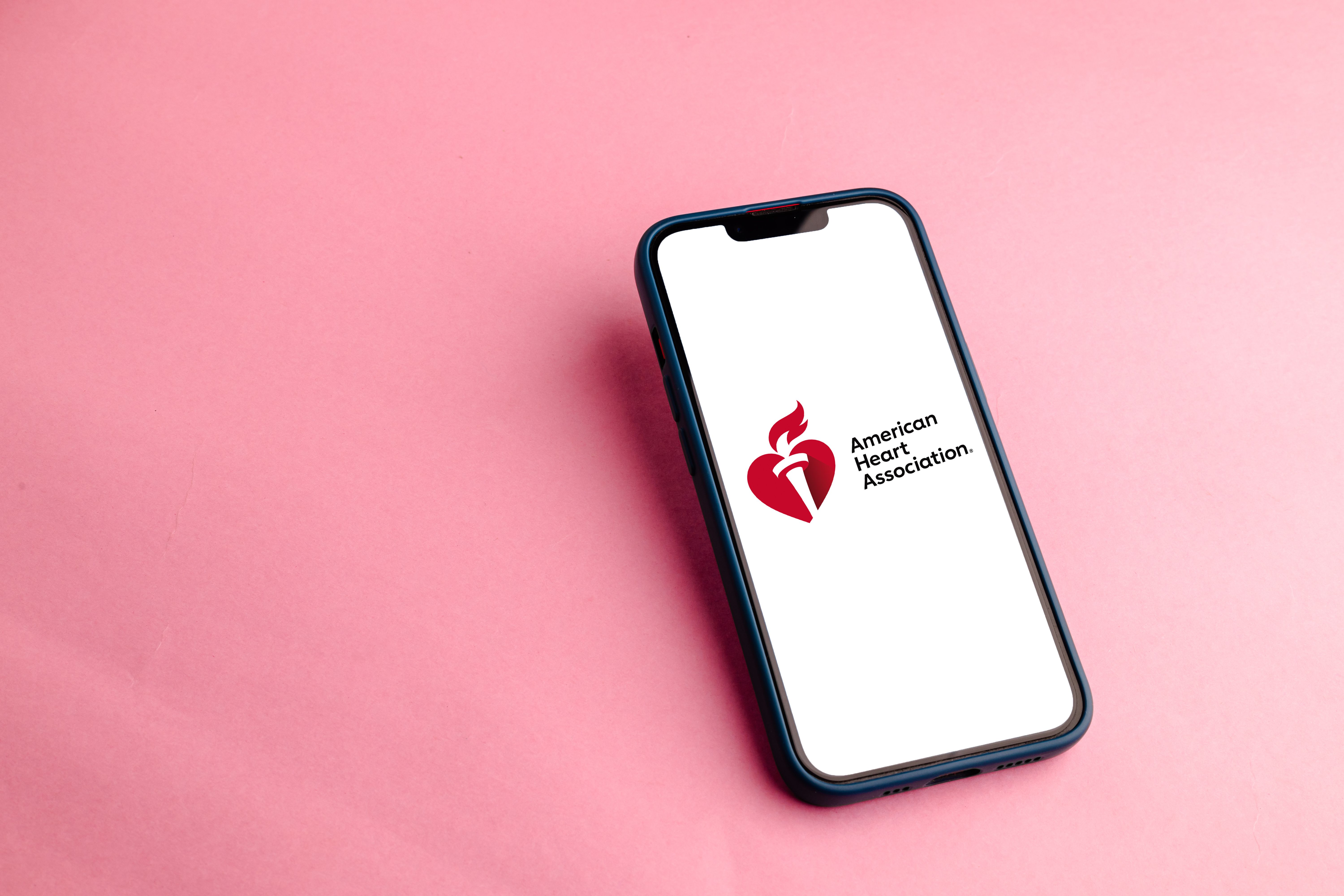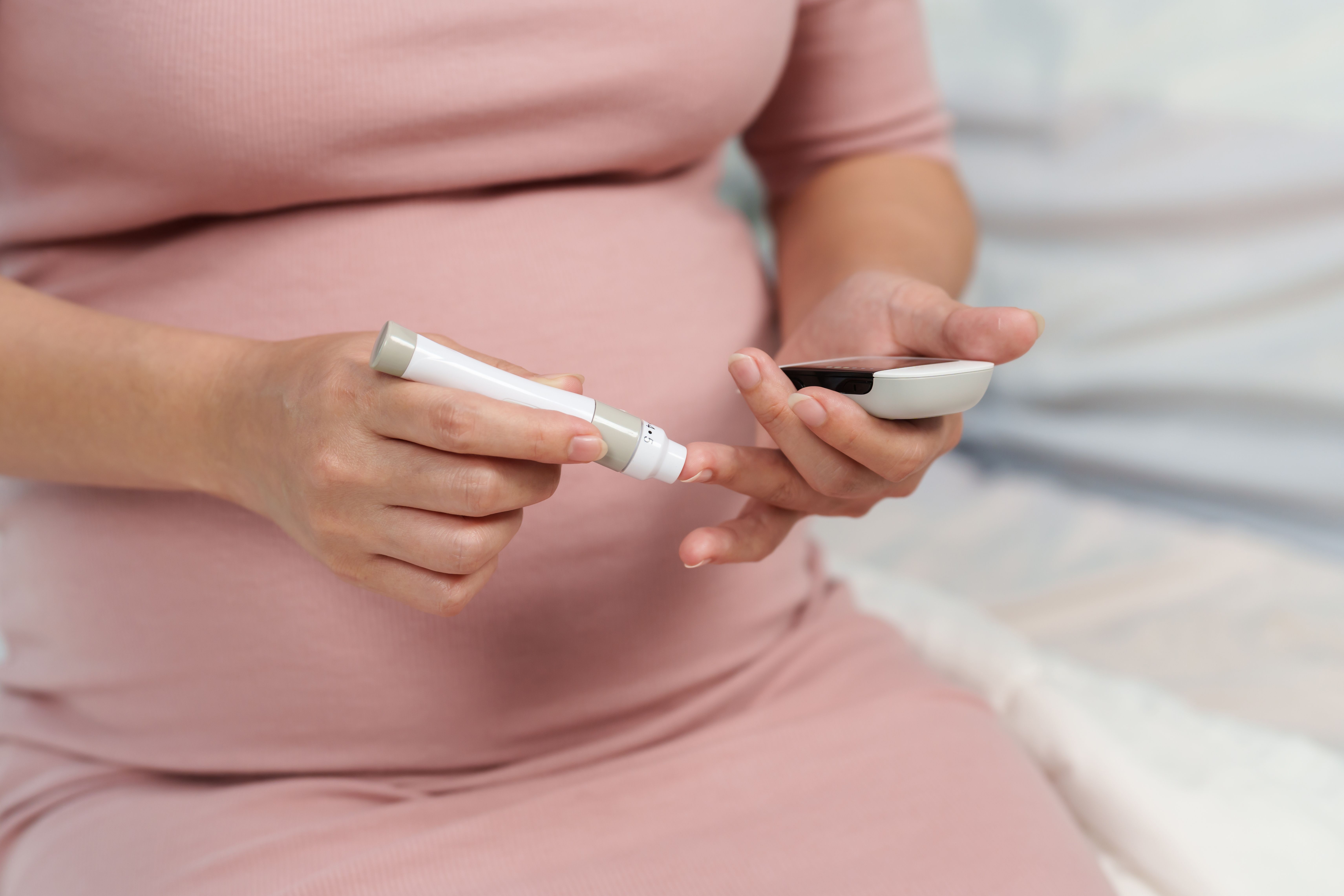
Obstetrics
Latest News
Latest Videos

Shorts
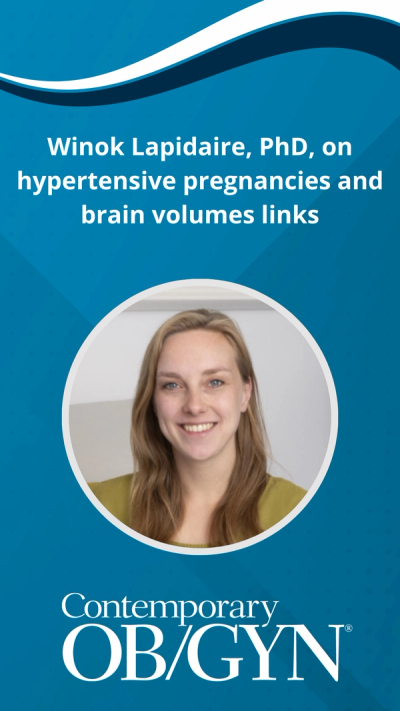
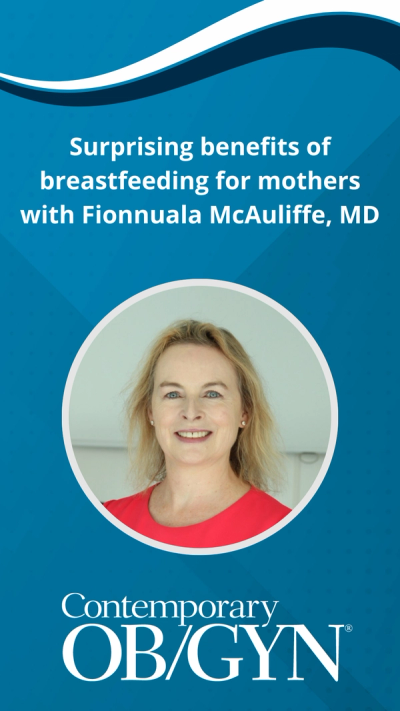
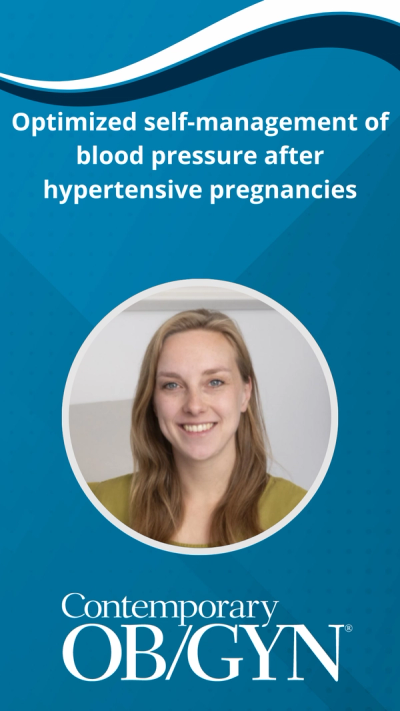

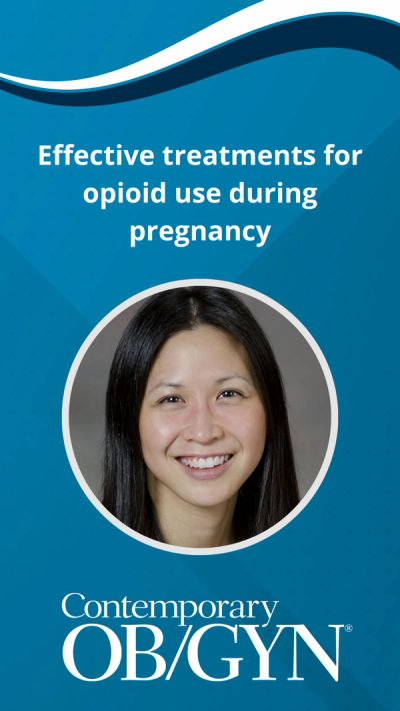
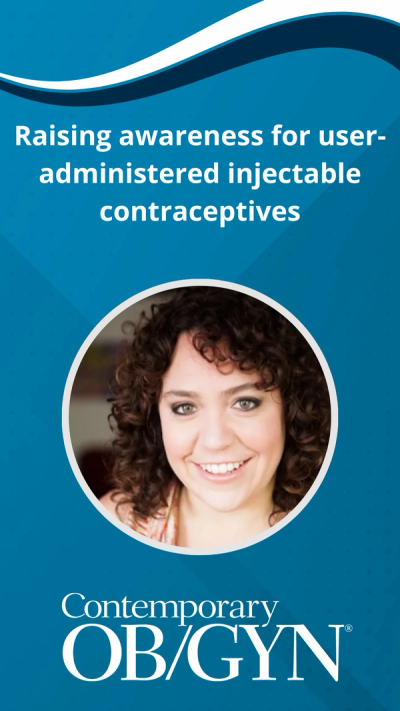


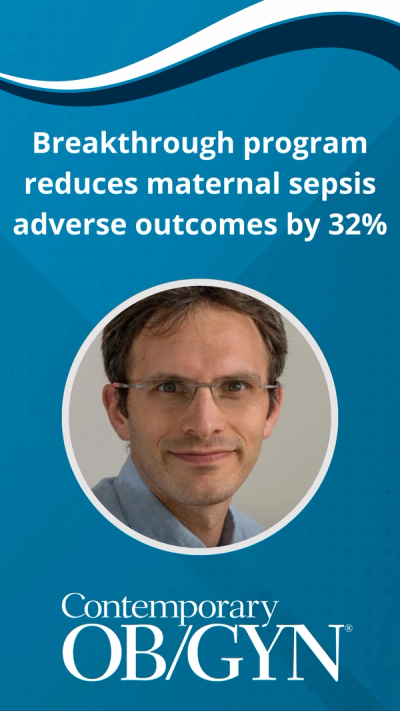
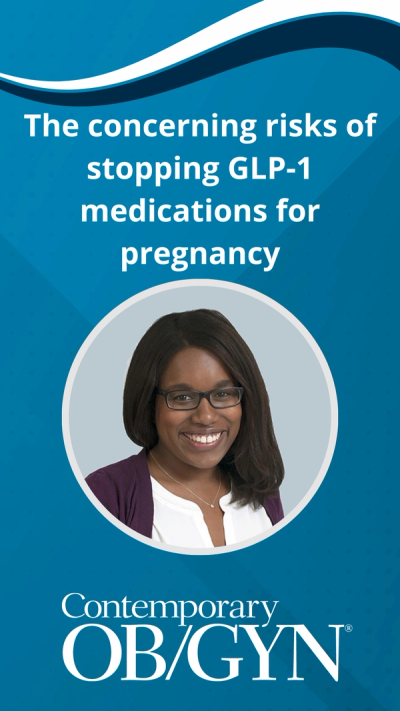
Podcasts
CME Content
More News

A large cohort study found that prenatal exposure to acid-suppressive medications was not associated with neuropsychiatric disorders in children.

A phase 3 trial of oral brexanolone for postpartum depression will continue unchanged following a favorable DSMB safety review.

A population-based study links minimum wage increases to improved maternal cardiovascular health during pregnancy.

In a recent study, improved postpartum blood pressure control was associated with increased white matter brain volume after hypertensive pregnancy.

Maternal influenza and Tdap vaccination during pregnancy was associated with fewer influenza- and pertussis-related hospital and ED visits in infants younger than 6 months.

Review some of the top stories from the Contemporary OB/GYN website over the past week and catch up on anything you may have missed.

A study found gestational diabetes prevalence has increased steadily across all racial and ethnic groups over the past decade.
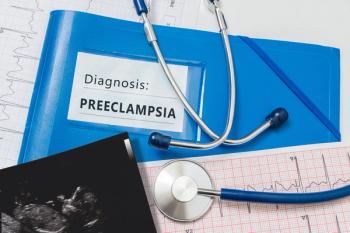
A study found that risk-stratified planned early-term delivery significantly lowers preeclampsia incidence without increasing cesarean birth.

New guidelines provide recommendations for adjusting antiseizure medication doses during pregnancy and postpartum to support healthy outcomes.

New research links abnormal collagen remodeling at cesarean scars—not placental invasion—to placenta accreta spectrum risk.

A study links opioid-related diagnoses during pregnancy to increased maternal morbidity and neonatal complications.

New research shows that COVID-19 vaccination in pregnancy significantly lowers the risk of hospitalization and preterm delivery.

Take a quick look at everything you may have missed in December, including the latest FDA updates, top stories, and expert recommendations.

Take a quick look at everything you may have missed in 2025, including the latest FDA updates, top stories, and expert recommendations.

Check out the 5 biggest obstetrics stories of 2025, and review best practices.

Prenatal exposure to hot, humid conditions was associated with significantly reduced child growth, with effects far greater than heat alone.

A study found hydroxyurea exposure during pregnancy was not associated with increased risks among patients with sickle cell disease.

Review some of the top stories from the Contemporary OB/GYN website over the past week and catch up on anything you may have missed.

ASCO’s new guideline outlines evidence-based strategies for diagnosing and treating leukemia and lymphoma during pregnancy.

A multidisciplinary initiative increased prenatal iron deficiency screening 6-fold and intravenous iron treatment 20-fold.

In a recent study, states enforcing abortion bans without health exceptions saw significant increases in obstetric-related EMTALA violations.

A network meta-analysis found that adding magnetic bead auricular point therapy, electroacupuncture, or steroids to epidural analgesia reduces the risk of maternal fever during labor.

Standardized second-trimester ultrasound screening for vasa previa showed high sensitivity, specificity, and perinatal survival across large cohorts.

Review some of the top stories from the Contemporary OB/GYN website over the past week and catch up on anything you may have missed.

A phase 2 trial found the maternal GBS-AlpN vaccine to be immunogenic and have an acceptable safety profile in pregnant women and their infants.



